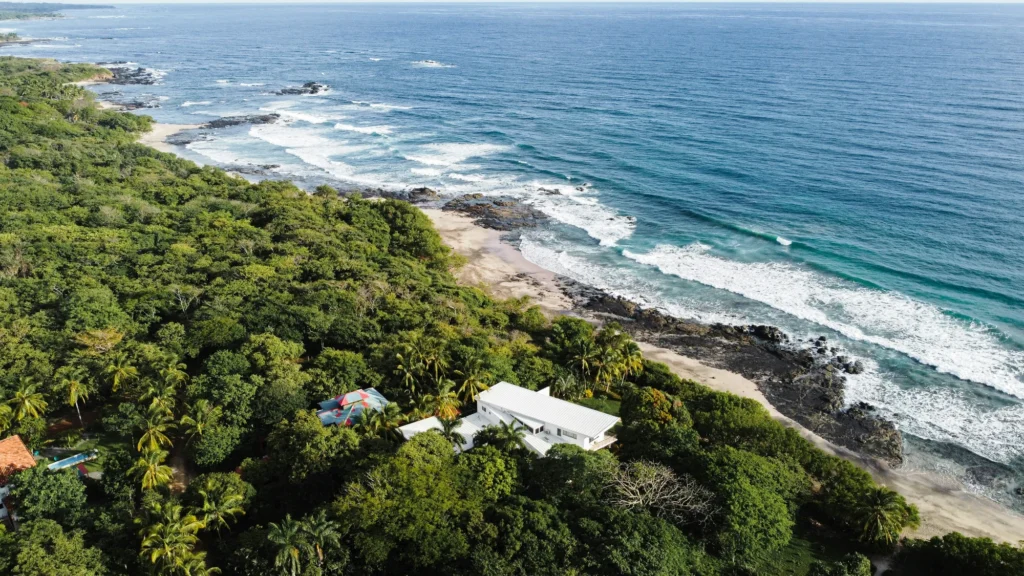Americans Live in Costa Rica
Americans Live in Costa Rica
Retire to Costa Rica
Ocean views, fresh fruit, jungle atmosphere, and zero snow (and taxes)? Retire to Costa Rica and enjoy la Pura Vida – just hours away from the US.
How to Retire in Costa Rica

Pensioner Visa
Costa Rica’s Pensionado visa is the go-to option for retirees. Just prove US$1,000 per month in lifetime-guaranteed pension income.

Rentista Visa
Don’t have a pension? Show proof of US$2,500 in monthly income or a deposit of US$60,000 in a local bank for the Rentista Visa.

Investor Visa
Invest US$150,000 or more in Costa Rican real estate, businesses, or government projects to qualify for the Investor Visa.

Digital Nomad Visa
If you’re still working, the Digital Nomad Visa allows you to live in the country for up to two years with proof of US$3,000 in monthly income.

Permanent Residency
After three years as a resident (under any visa), you can apply for permanent residency. After seven years, you can get citizenship.
Costa Rica in Photos
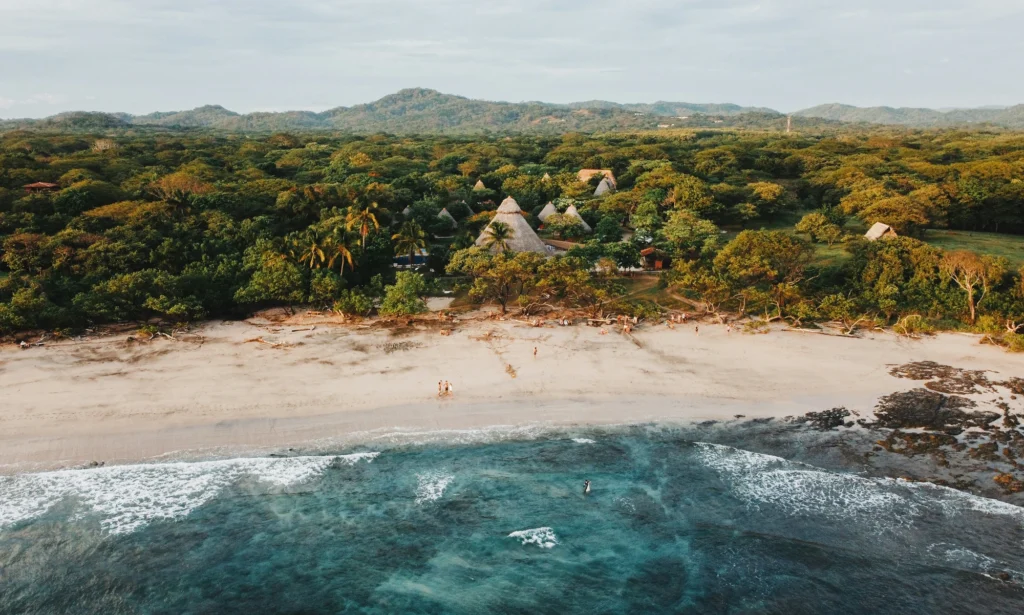
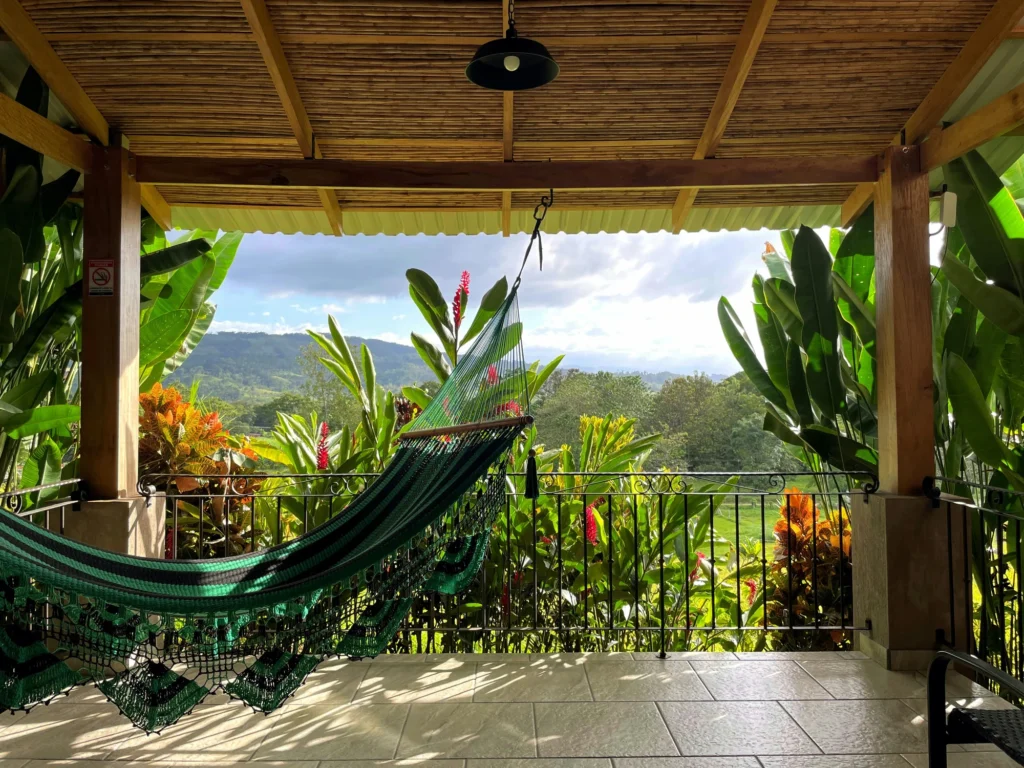
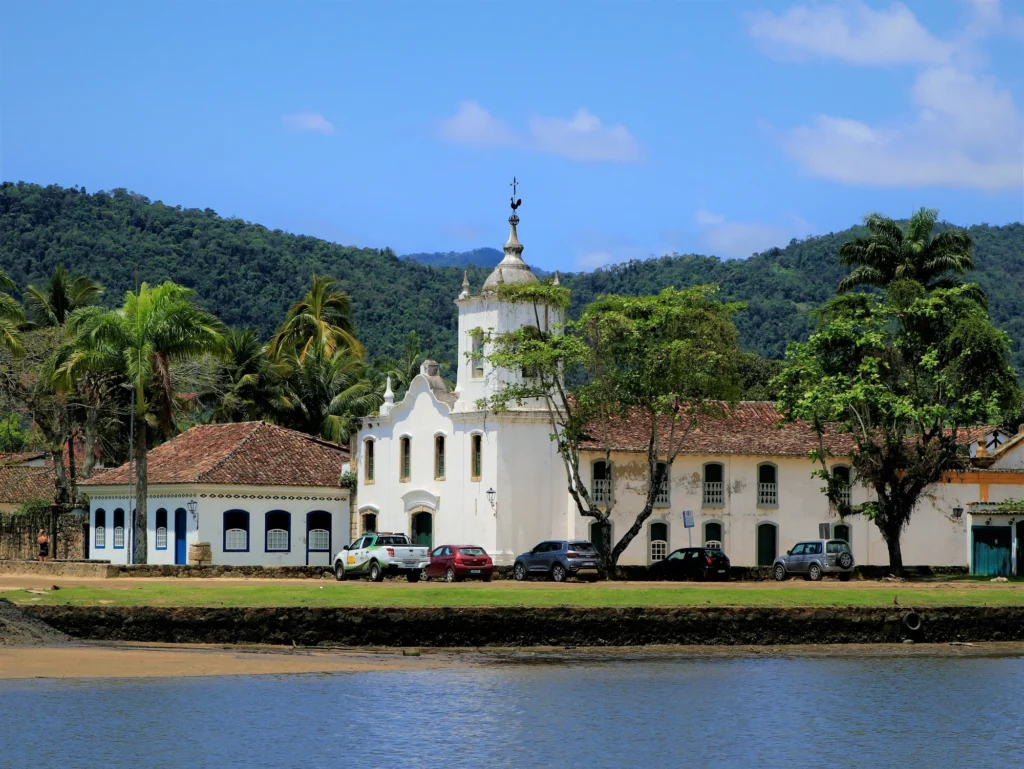
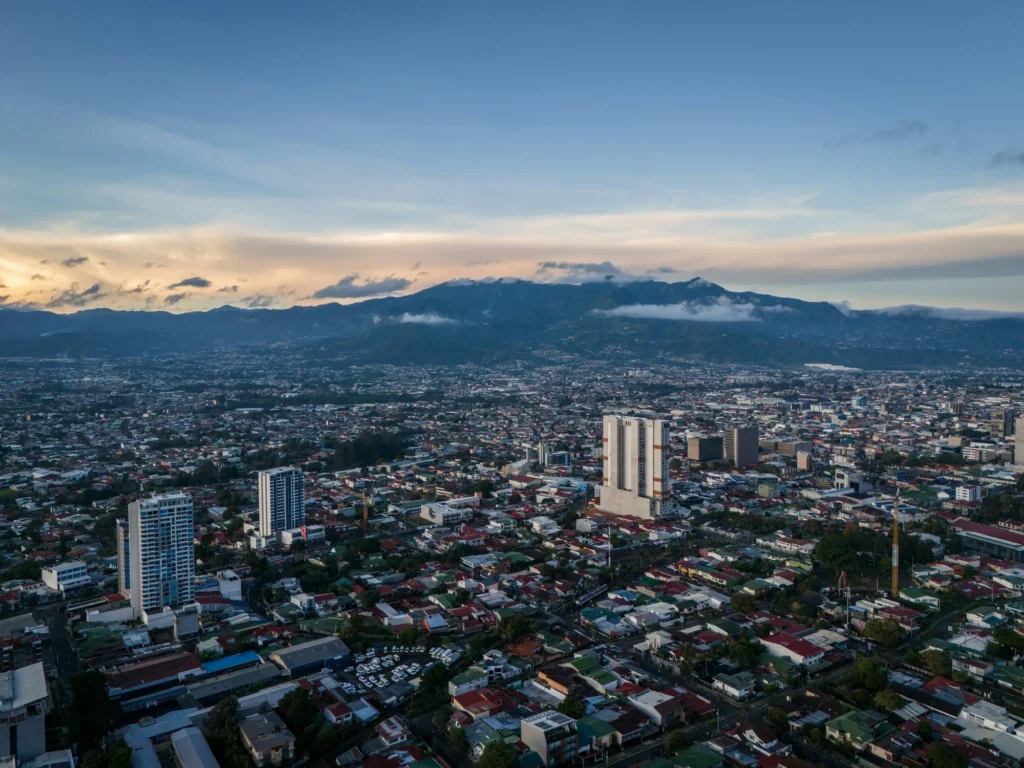
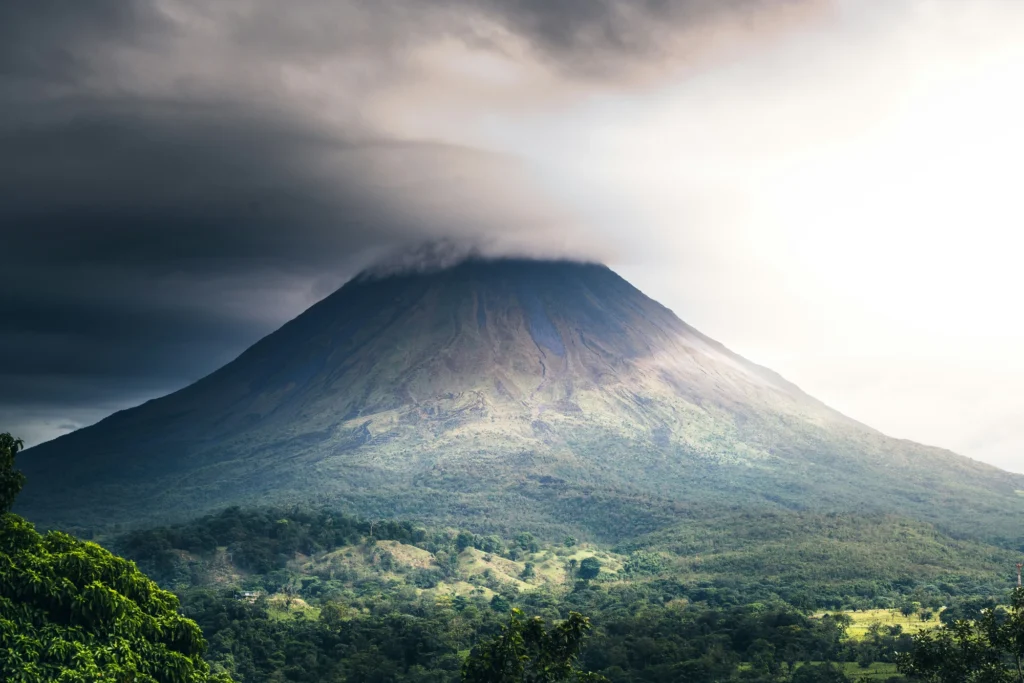
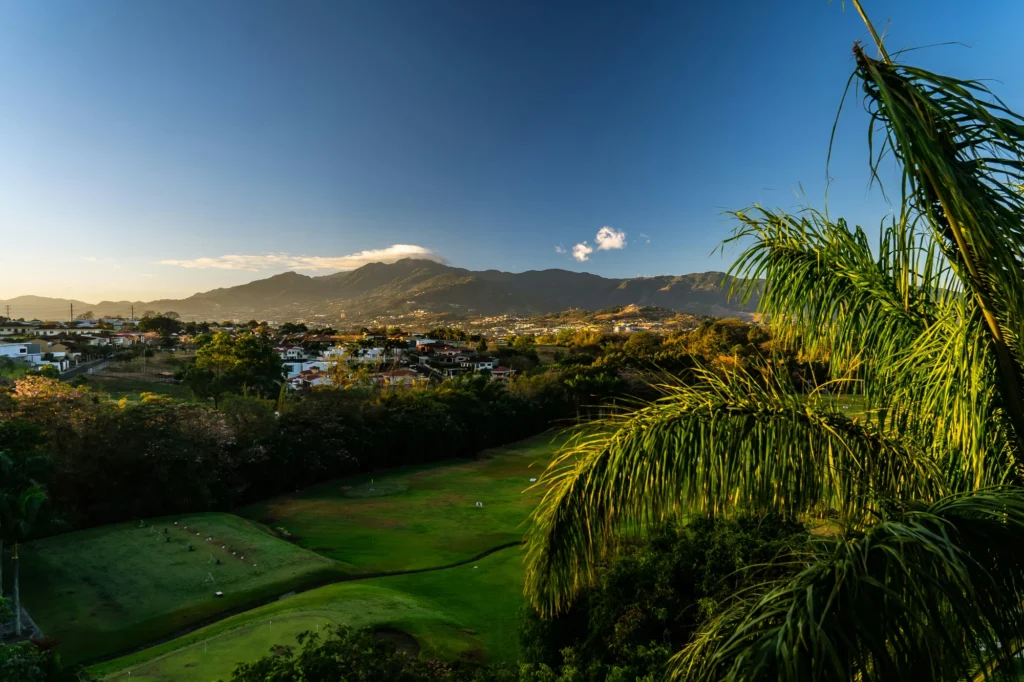
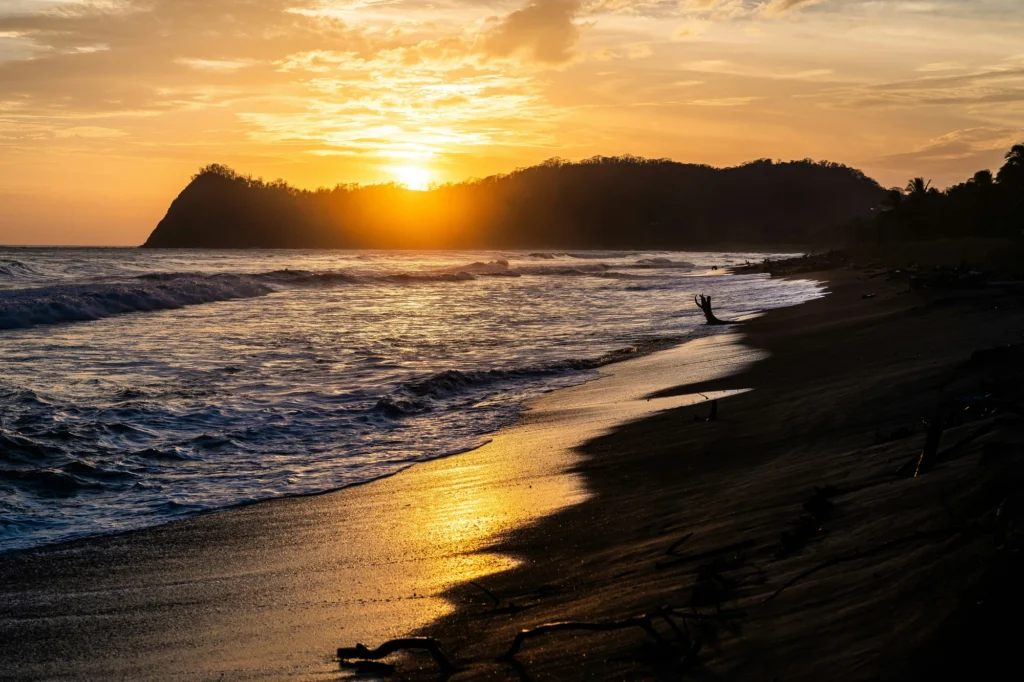
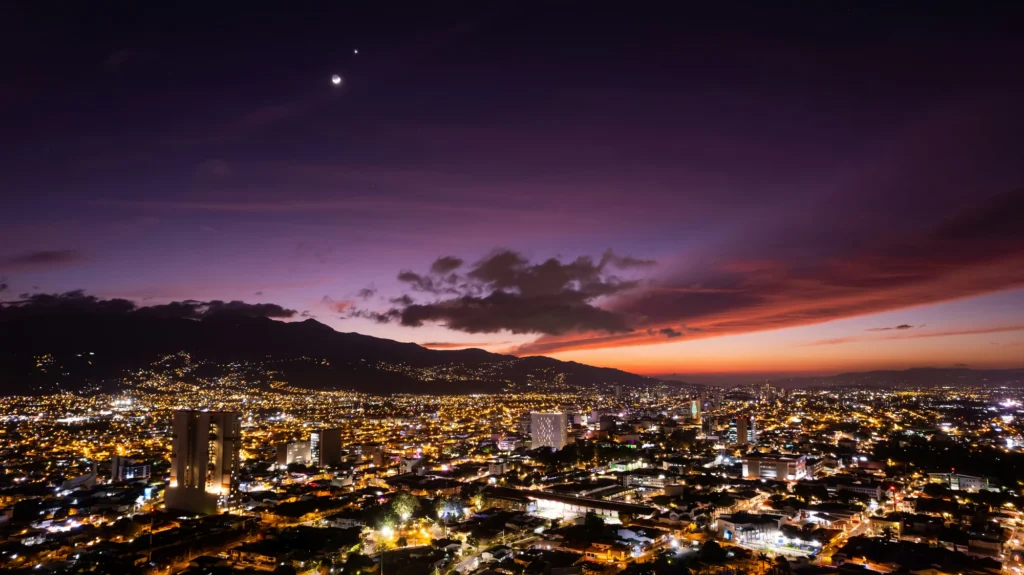

Simple Lifestyle
The “Pura Vida” lifestyle values simplicity, happiness, and connection with nature. Costa Rica is the 12th happiest country globally.

Lower Cost of Living
Costa Rica is not as inexpensive as other countries in Latin America. But your retirement dollars can still stretch further here.

Expat Communities
Retirees to Costa Rica will find thriving American and Canadian communities in both beach towns and mountain villages.

Affordable Healthcare
Costa Rica’s public and private healthcare are high-quality and cost far less than American care.

Safety & Stability
Costa Rica is Central America’s safest and most politically stable country. There’s no standing military and little unrest.

Easy US Access
Two major airports offer frequent, direct flights to and from US cities. Trips back home are fast and simple.

Green Nation
Costa Rica invests heavily in environmental protection. Over 25% of its land is protected.

Year-Round Weather
Costa Rica offers a warm, tropical climate all year with little hurricane effect.
Request Your "How to Retire to Costa Rica" Guide
How Life in Costa Rica Compares

Cost of Living in Costa Rica
Costa Rica is not dirt cheap, but it can still be more affordable than US cities. Coastal towns are the most expensive while inland towns and villages like Grecia and Atenas offer great value. You can live well on a modest retirement budget.

Taxes in Costa Rica
Costa Rica taxes only locally-sourced income. So your Social Security, US investments, and other foreign income are tax-free here. Costa Rica is a really tax-friendly country for US expats.

Community in Costa Rica
Expats are easy to find all over Costa Rica. Beach towns in Guanacaste and mountain towns alike have strong expat hubs. Making friends is quick and natural. You won’t feel isolated here unless you choose to be.

Quality of Life in Costa Rica
Say thanks to the fresh air, outdoor living, and healthier food. It’s no wonder Costa Rica is a “blue zone,” where people live longer, happier, healthier lives. Many of our clients tell us they feel years younger after moving to Costa Rica.

Safety in Costa Rica
Costa Rica is one of the safest countries in Latin America. Violent crime is rare in expat areas. Petty theft happens, but basic precautions go a long way. Most retirees feel safe day to day.

Travel Connectivity in Costa Rica
Two major international airports in Guanacaste and San José offer several direct flights to the U.S. and around the Latin American region. Additionally, you can drive the whole perimeter of Costa Rica in less than a week.

Infrastructure in Costa Rica
Internet and phone service are reliable in most areas. But roads can be rough, especially in the jungle and close to the beach. Power outages still happen as well. Costa Rican infrastructure is improving but definitely not perfect.

Healthcare in Costa Rica
Costa Rica is a major medical tourism destination. Both public and private healthcare systems are strong, and care is low-cost and high quality. But if you choose to live remotely as many expats do here, quality healthcare can be far away.

English Proficiency in Costa Rica
English is spoken in tourist areas and among younger professionals. But outside those areas, Spanish is necessary. Learning the basics goes a long way. Full integration is tough without it.

Bureaucracy in Costa Rica
Government processes are slow and dense with paperwork. You’ll need patience. That’s why the Freedom Files offers to help you with your immigration, banking, tax planning, healthcare, and whole relocation process.
Where to Live in Costa Rica
Population: 71,551
Escazú
Escazú is a clean, upscale, and well-organized part of otherwise unremarkable San José in the Central Valley. It has a booming expat population and a relaxed vibe. The cost of living is lower than coastal areas. And you’re also close to top-tier healthcare in the capital.

Population: 25,460
Atenas
Known for having “the best climate in the world,” Atenas is a peaceful mountain town just 30 minutes west of San José. Atenas is affordable, safe, and popular with American and Canadian retirees. Enjoy cooler temperatures and stunning views year-round here.

Population: 7,861
Tamarindo
Located on Costa Rica’s Pacific coast in Guanacaste, Tamarindo is a lively beach town with a strong and growing expat community. It’s more touristy and expensive than other options, but it’s ideal for retirees who want sun and social activity.
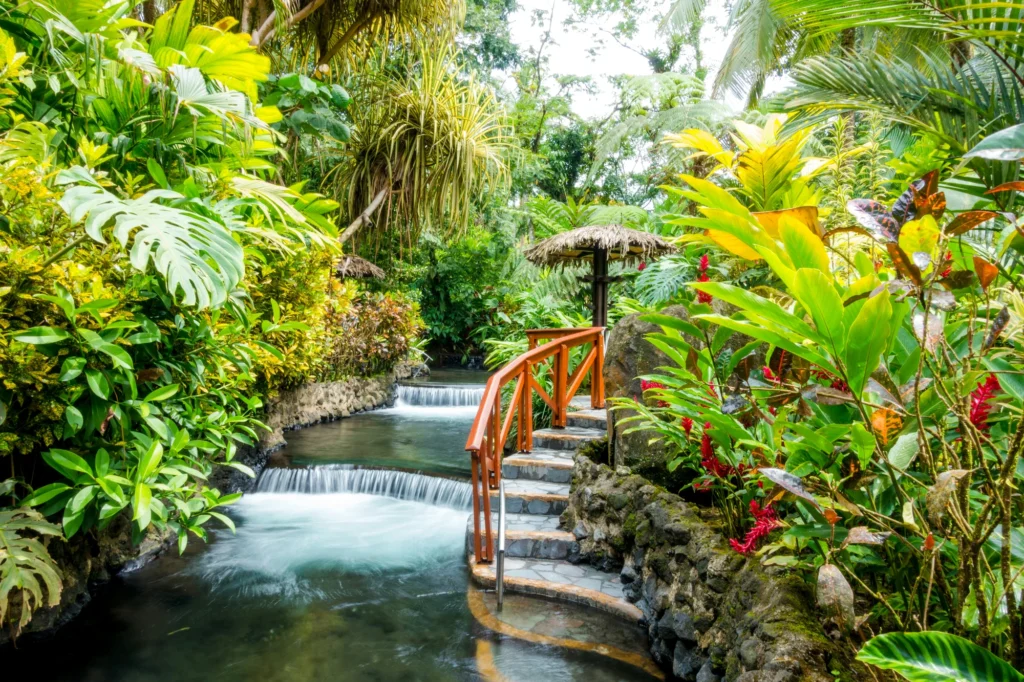
Population: 3,575
Santa Teresa
Santa Teresa is another charming and artistic beach town in Guanacaste with spring-like weather year-round. It’s rich in local culture and offers a slower, more traditional pace of life, made famous by the “blue zones” concept. The expat community here is close-knit and welcoming.
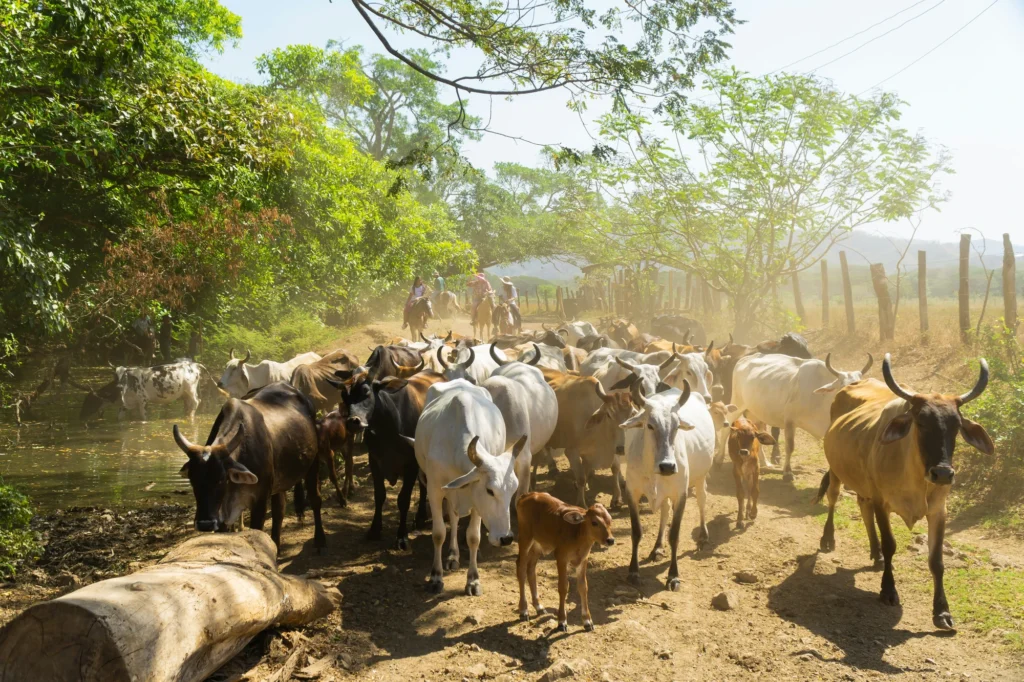
Costa Rica in the Blog
FAQs About Costa Rica
How much money do I need to retire comfortably in Costa Rica?
Most couples live well on US$3,500 per month, depending on location and lifestyle. Live inland, and your money stretches farther. Live on the beach, and costs go up, especially for imported goods, luxury items, and rent.
Can I buy property in Costa Rica as a foreigner?
Yes. US citizens have almost all of the same property rights as locals. You don’t need residency to buy a home, and many retirees use property as a path to the Investor Visa. The Freedom Files real estate and relocation experts can help with this.
What’s the process for getting residency in Costa Rica?
Pick a visa (e.g. Pensionado, Rentista, or Investor), gather your documents, and apply with the help of the Freedom Files. The process can drag out depending on the government’s speed at the time, but you can stay in the country while your case is processed.
What’s the biggest downside of retiring to Costa Rica?
Bureaucracy. Things move slowly, and paperwork can feel endless. But with patience and a good relocation team by your side, you can navigate it seamlessly. The Freedom Files would appreciate the opportunity to help you realize your retirement dreams abroad.
What’s the tax situation like in Costa Rica?
Good news – Costa Rica only taxes local income. Your US retirement income, investments, or pensions are exempt from local Costa Rican. Of course, you’ll still need to file with the IRS though.


